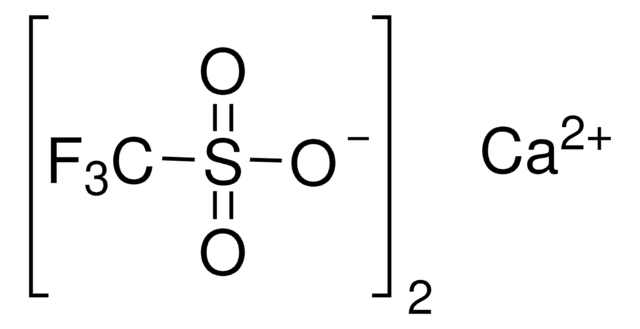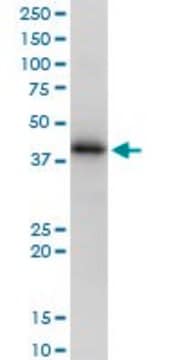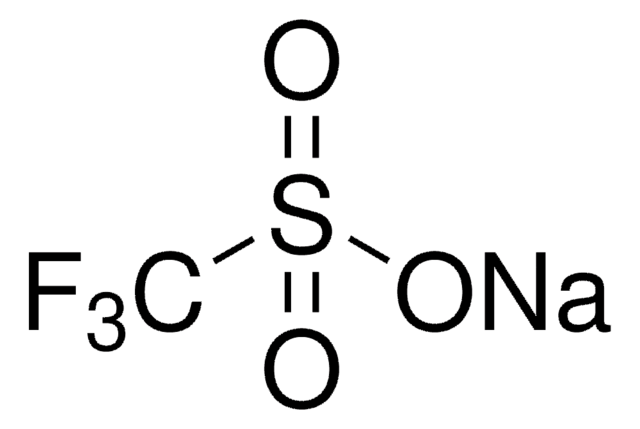MABF2302
Anti-HLA-A02:01 EBV-LMP2A Antibody, clone MAB243
Synonym(s):
Latent membrane protein 2
About This Item
Recommended Products
biological source
mouse
Quality Level
conjugate
unconjugated
antibody form
purified antibody
antibody product type
primary antibodies
clone
MAB243 (also referenced as L2), monoclonal
mol wt
calculated mol wt 53.01 kDa
purified by
using protein G
species reactivity
human
packaging
antibody small pack of 100 μg
technique(s)
ELISA: suitable
flow cytometry: suitable
immunocytochemistry: suitable
immunofluorescence: suitable
western blot: suitable
isotype
IgG1κ
epitope sequence
C-terminal
Protein ID accession no.
UniProt accession no.
shipped in
ambient
target post-translational modification
unmodified
Gene Information
human ... LMP2(3783751)
General description
Specificity
Immunogen
Application
Evaluated by Flow Cytometry in T2 cells pulsed with LMP2 peptide (426-434).
Flow Cytometry Analysis (FC): 1 μg of this antibody detected HLA-A2-EBV LMP2A in one million T2 cells pulsed with LMP2 peptide (426-434).
Tested Applications
ELISA Analysis: A representative lot detected HLA-A02:01 EBV-LMP2A in ELISA applications (Lai, J., et al. (2016). Blood. 128(10):1396-407; Lai, J., et al. (2017). Sci Rep. 7(1):9923).
Immunohistochemistry Applications: A representative lot detected HLA-A02:01 EBV-LMP2A in Immunohistochemistry applications (Lai, J., et al. (2016). Blood. 128(10):1396-407).
Western Blotting Analysis: A representative lot detected HLA-A02:01 EBV-LMP2A in Western Blotting applications (Lai, J., et al. (2016). Blood. 128(10):1396-407).
Flow Cytometry Analysis: A representative lot detected HLA-A02:01 EBV-LMP2A in Flow Cytometry applications (Lai, J., et al. (2016). Blood.;128(10):1396-407; Lai, J., et al. (2017). Sci Rep.;7(1):9923).
Immunofluorescence Analysis: A representative lot detected HLA-A02:01 EBV-LMP2A in Immunofluorescence applications (Lai, J., et al. (2016). Blood. 128(10):1396-407).
Immunocytochemistry Analysis: A representative lot detected HLA-A02:01 EBV-LMP2A in Immunocytochemistry applications (Lai, J., et al. (2016). Blood. 128(10):1396-407).
Note: Actual optimal working dilutions must be determined by end user as specimens, and experimental conditions may vary with the end user
Physical form
Storage and Stability
Other Notes
Disclaimer
Not finding the right product?
Try our Product Selector Tool.
Storage Class Code
12 - Non Combustible Liquids
WGK
WGK 1
Flash Point(F)
Not applicable
Flash Point(C)
Not applicable
Regulatory Listings
Regulatory Listings are mainly provided for chemical products. Only limited information can be provided here for non-chemical products. No entry means none of the components are listed. It is the user’s obligation to ensure the safe and legal use of the product.
JAN Code
MABF2302-25UG:
MABF2302-100UG:
Certificates of Analysis (COA)
Search for Certificates of Analysis (COA) by entering the products Lot/Batch Number. Lot and Batch Numbers can be found on a product’s label following the words ‘Lot’ or ‘Batch’.
Already Own This Product?
Find documentation for the products that you have recently purchased in the Document Library.
Our team of scientists has experience in all areas of research including Life Science, Material Science, Chemical Synthesis, Chromatography, Analytical and many others.
Contact Technical Service







